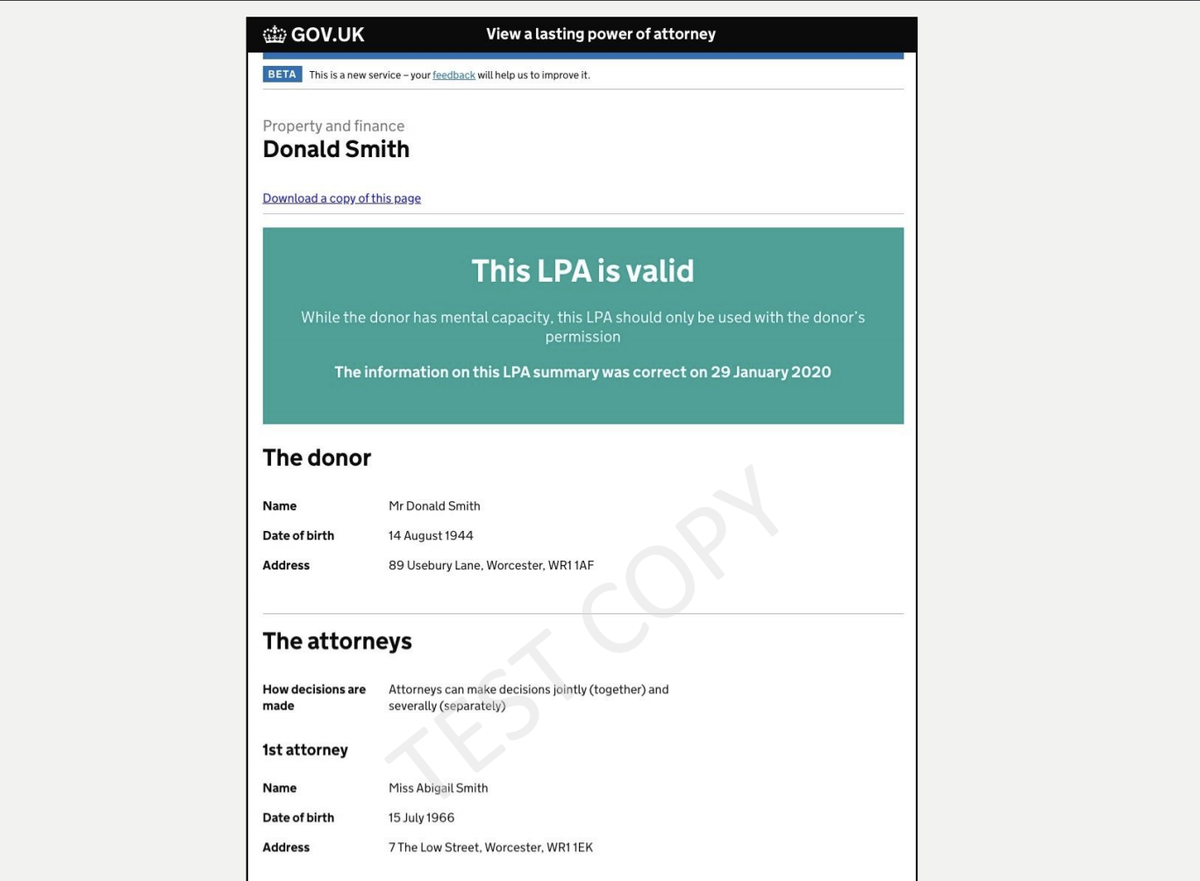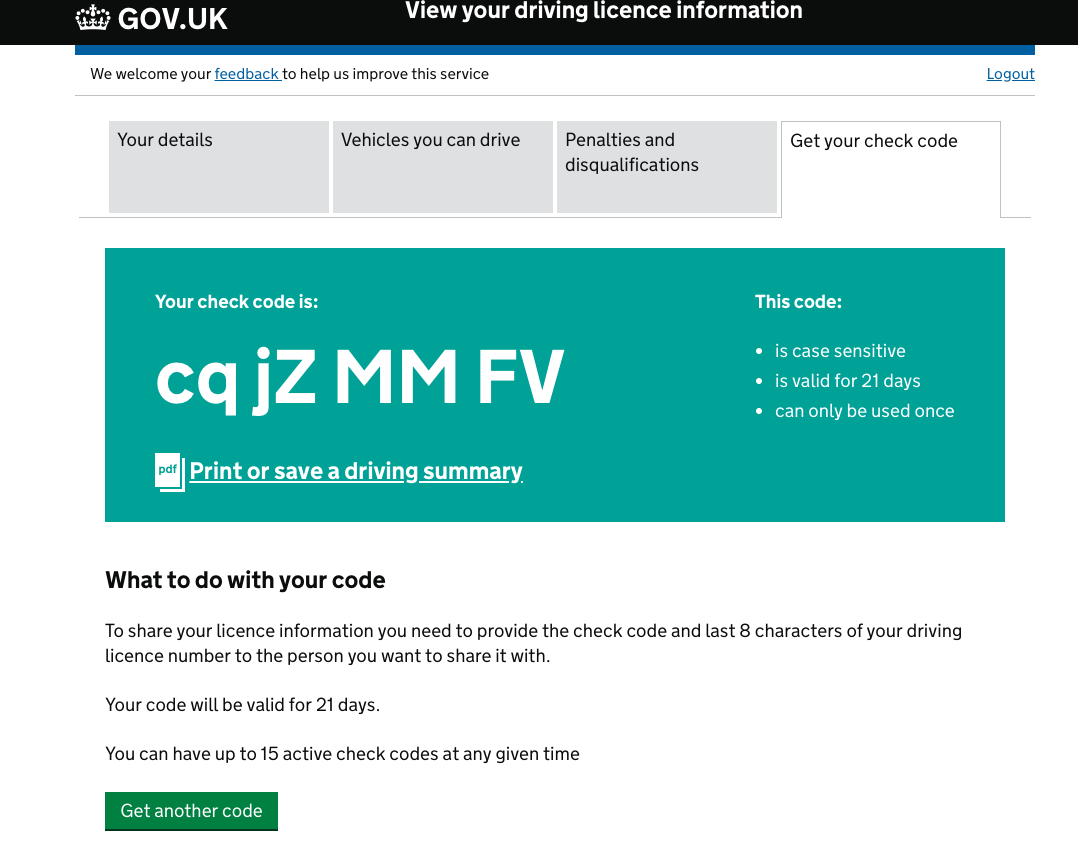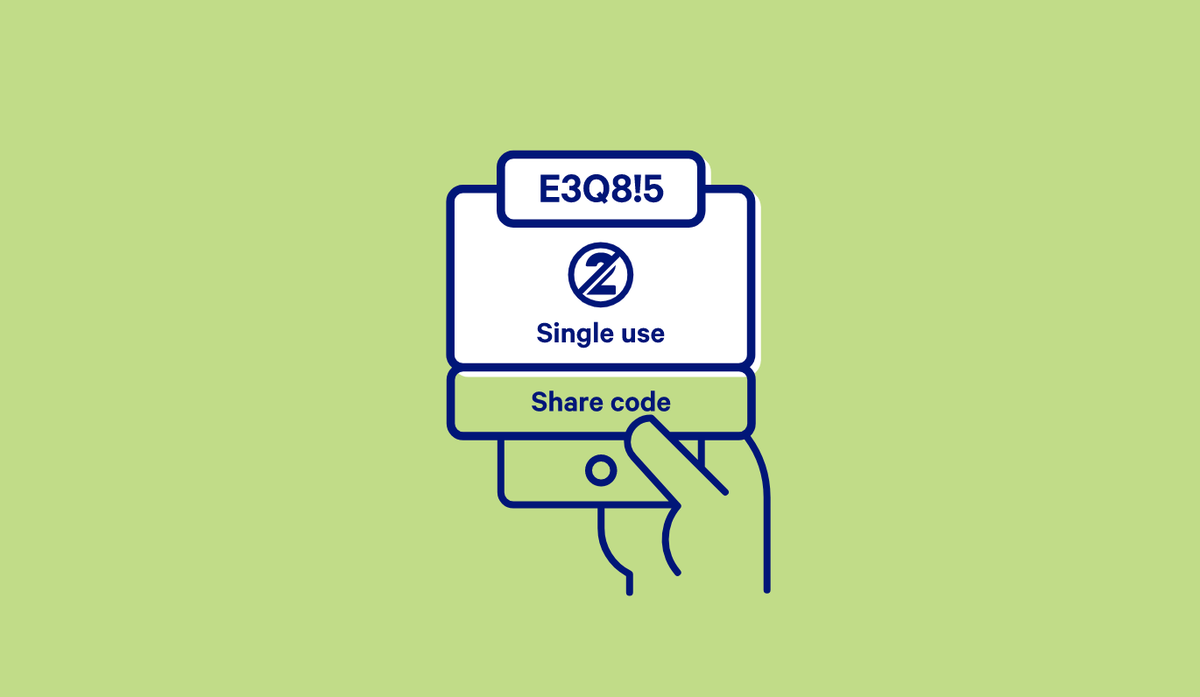Another important experience we want to share this week as part of #WhatPeopleTellUs.
We heard from someone whose wife was suddenly taken to hospital very unwell - with fluctuating capacity. The doctors asked him about #CPR.
Had he and his wife ever talked about it?
/Thread
We heard from someone whose wife was suddenly taken to hospital very unwell - with fluctuating capacity. The doctors asked him about #CPR.
Had he and his wife ever talked about it?
/Thread
He knew she had made an Advance Decision to Refuse Treatment with @AGoodDeath - she’d told him about it over dinner once.
So far so good? She’s thought about this situation, and has even written her wishes down.
So far so good? She’s thought about this situation, and has even written her wishes down.
But, they didn’t actually talk about the details and he doesn’t know where the form is - just that she’s written down what she wants. He is now desperately worried the wrong decision will be made.
He calls us to ask if we have a copy...
He calls us to ask if we have a copy...
...but we don’t hold completed Advance Decisions and there is no national register.
We do encourage people to share their form widely - giving a copy to their GP, relatives and anyone involved with their care.
We do encourage people to share their form widely - giving a copy to their GP, relatives and anyone involved with their care.
So all we can suggest is to check with these people, and to look around the house, perhaps where she keeps her other important papers?
What’s gone wrong here?
What’s gone wrong here?
The effects of not knowing someone’s end of life wishes cannot be understated.
It can cause enormous stress, huge uncertainty - and can result in people receiving treatment they would not want.
It can cause enormous stress, huge uncertainty - and can result in people receiving treatment they would not want.
People tell us that not knowing if decisions made were the decisions their loved one would want causes huge heartache and makes grieving harder.
It’s excellent that this person made the decision to put her wishes down in writing...
It’s excellent that this person made the decision to put her wishes down in writing...
...she’d even taken the next (and really important step) of mentioning it to her husband.
But she hadn’t given a copy to him, logged it anywhere else or spoke about what was in the form.
How does the current system make it easy for people to avoid this?
But she hadn’t given a copy to him, logged it anywhere else or spoke about what was in the form.
How does the current system make it easy for people to avoid this?
Well, sadly it doesn’t.
There is currently no national register of Advance Decisions, so it’s very important that those close to you, your GP, and anyone else involved in your care, know that you’ve made one.
We’ve often called for a national register, this story shows why.
There is currently no national register of Advance Decisions, so it’s very important that those close to you, your GP, and anyone else involved in your care, know that you’ve made one.
We’ve often called for a national register, this story shows why.
Policies for recording and sharing a person’s Advance Decision across care settings also vary considerably depending on what part of the country you live in.
A common question people ask us is “but how will anyone know about my wishes when it matters?”
A common question people ask us is “but how will anyone know about my wishes when it matters?”
Let’s compare this to Lasting Powers of Attorney. The @OPGGovUK have just announced a new ‘Use a lasting power of attorney’ service which allows people or organisations to view a summary of an LPA.
https://www.gov.uk/use-lasting-power-of-attorney
https://www.gov.uk/use-lasting-power-of-attorney
There are other examples too, this @GOVUK @DVLAgovuk service allows people to share their driving license information with others (with a car hire company for example).
https://www.gov.uk/view-driving-licence
https://www.gov.uk/view-driving-licence
This idea is gaining traction, it’s known as a ‘one-time access’ data pattern → sharing access to data with a one-time code.
The technology exists to enable people to share their Advance Decision with others. This might have helped our caller.
https://catalogue.projectsbyif.com/patterns/one-time-access/
The technology exists to enable people to share their Advance Decision with others. This might have helped our caller.
https://catalogue.projectsbyif.com/patterns/one-time-access/
. @NHSEngland are doing some exciting work over the next 18 months looking at end of life records so we’re hopeful for a significant change for the better in accessibility of end of life wishes.
Maybe it’s time for a national register of Advance Decisions...thoughts?
/End
Maybe it’s time for a national register of Advance Decisions...thoughts?
/End

 Read on Twitter
Read on Twitter




